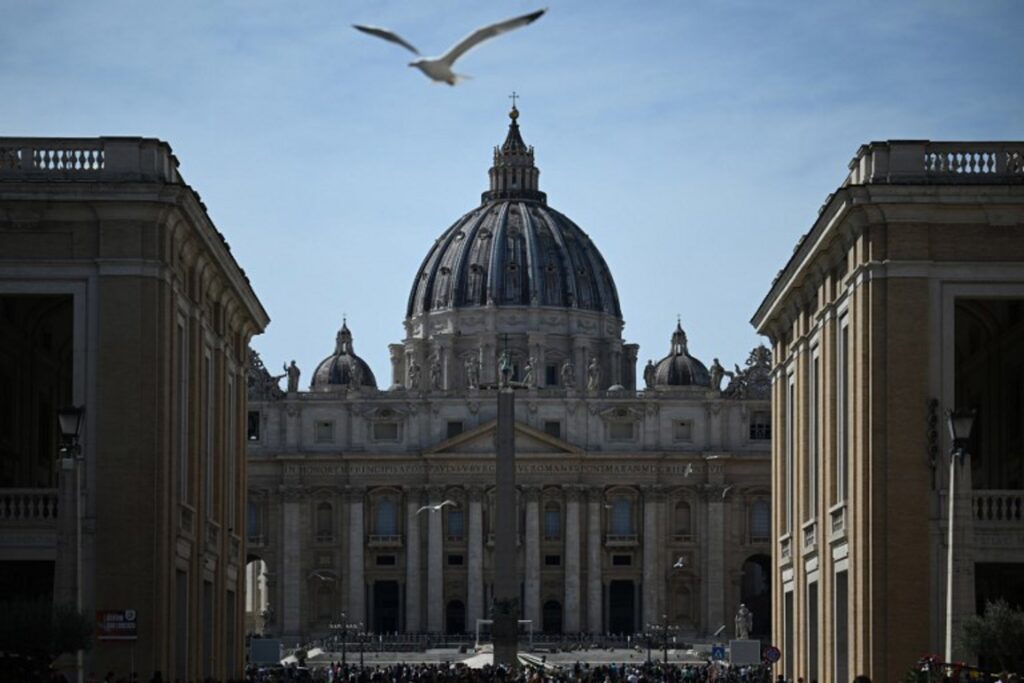The Vatican on Thursday distanced itself from the past colonial abuses of the Catholic Church, having repudiated the papal edicts authorising the enslavement of indigenous peoples, mainly in the Americas.
The new position of the church-state refers to the historic campaigns of forced conversions carried out by the Catholic Church after the arrival of Europeans on the American continent in the wake of Christopher Columbus’ expedition in 1492.
The text will find particular resonance in Canada, where between the late 19th century and the 1990s, around 150.000 indigenous children were taken from their families and forcibly enrolled in 139 residential schools, often run by the Catholic Church, where they were cut off from their families, language and culture.
During the pope’s visit to Canada in 2022, indigenous associations had asked him to repeal the "papal bulls” – official decrees signed by the pope – that gave rise to the “Doctrine of Discovery”, which authorised European powers to colonise non-Christian lands and peoples.
Indigenous people have been requesting that the doctrine be annulled for decades, and when the pope was in Canada last year they protested several of his events. Right before he was due to perform a mass in Sainte-Anne-de-Beaupré, indigenous activists displayed a banner on the altar of the church reading 'Rescind the Doctrine' and were then escorted out.
The pope acknowledged after the visit that the treatment in residential schools amounted to genocide.
Indigenous leaders welcome the Vatican's statement but expressed that it shies away from acknowledging the actual level of culpability of the Vatican, AP reports. The statement essentially "disowns" the Doctrine of Discovery, but offered no evidence that the decrees that make it up have been formally abrogated or rescinded it.
Doctrine of Discovery
In the note published on Thursday, the Vatican refers to three papal decrees issued in the 15th century by Nicholas V and Alexander VI. In 1452, Pope Nicolas V established the first recorded international edict that granted a Christian nation the right to promote and enforce slave trading.
The Vatican's statement, however, makes no mention of the Transatlantic Slave trade, which the Doctrine also helped fuel and justify.
Related News
- Colonial human remains should be returned, not put on display
- Belgian development aid ‘contaminated with white saviour complex’, new study finds
- Vatican to send pope's speech into space
Another one of these decrees, made by pope Alexander VI in 1493, established that any land in the Americas not inhabited by Christians is available to be claimed and exploited by Christian leaders.
The Vatican considers these “papal bulls” to be “political documents, instrumentalised for immoral acts”, and believes that they “were never considered expressions of the Catholic faith”.
“The Catholic Church, therefore, rejects concepts that do not recognise the inherent human rights of Indigenous peoples, including what is known by the juridical and political name of the ‘Doctrine of Discovery’.”

